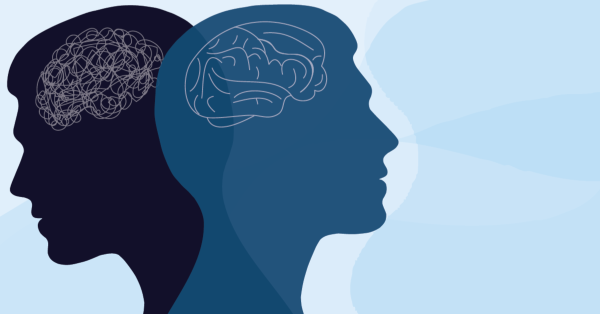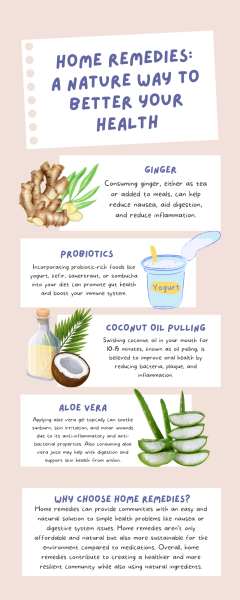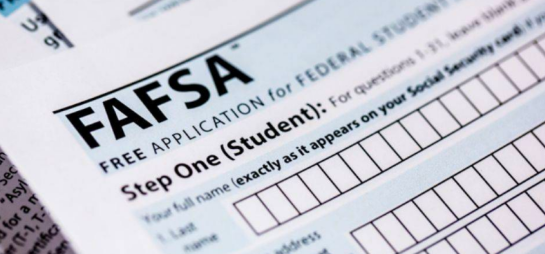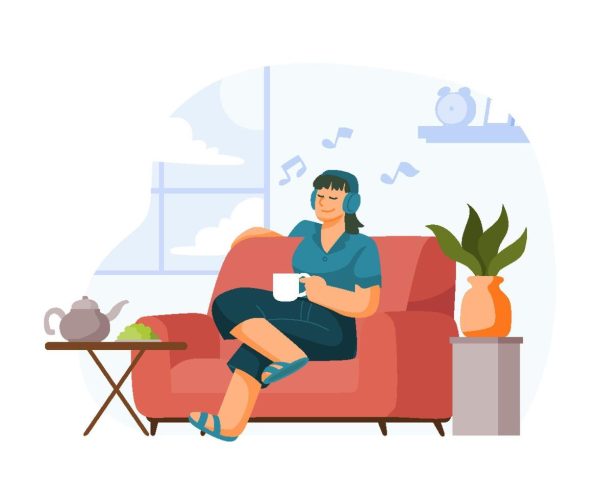How to Fix your Sleep Schedule
Every high school or college student has experienced it. Staying up late to finish an assignment, staying up late to binge a show, or just being restless. But what’s the aftermath? Being constantly tired throughout your day and going to bed late every night is simply not manageable. When your circadian rhythm is off it will mess with your sleep schedule. Many things could throw off your circadian rhythm such as shift work all-nighters, jet lag, and traveling across time zones. But what can you do to fix this never-ending cycle of going to bed late and inevitably waking up late? Keep reading to find out!
One thing that can help your sleep cycle immensely is by going to bed and waking up at the same time every day. By doing this you will likely have much more energy throughout the day and give your body enough sleep to Perform daily functions! To help improve your sleep schedule, it is also recommended that you have little to no screen time 30 minutes before you go to bed. Screentime late at night can keep you up much longer than you anticipate and prevent you from getting enough sleep for daily functions. Many other things can help improve your sleep schedule such as daily exercise, avoiding eating late at night, staying cool, and being comfortable before you go to bed can help you improve not only your sleep schedule but your quality of sleep.
There are so many benefits to improving your sleep schedule. These include but are not limited to, improved daily mood, less stress, maintaining a healthy weight, and being more productive with daily work whether it be in school or at an occupation. Getting enough sleep is essential to daily life and how much sleep you should be getting depends on your age. The younger you are the more sleep you are going to need, teenagers, 13-18, need about 8-10 hours nightly, and adults, 18-60, need about 7-8 hours nightly. If you are a teenager you are not alone in going to bed late and waking up late! Delayed sleep phase syndrome (DSPS), or going to bed extremely late and waking up late, is estimated to affect about 15% of teenagers! Good luck fixing your sleep schedules!
https://www.healthline.com/health/healthy-sleep/how-to-fix-sleep-schedule












